For example when you skin your knee cells divide to replace old dead or damaged cells. This asexual reproduction is also how many cells within a complex organism such as a human create new cells.
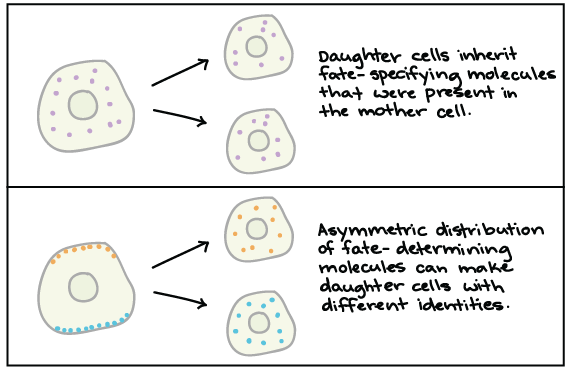 Introduction To Development Article Khan Academy
Introduction To Development Article Khan Academy
Cells were kept in small dishes and would divide for a while but then would stop and die.

Why must your cells go through cell differentiation. The cost is that the. Cell differentiation is the process by which cells become specialized in order to perform different functions. Differentiation from visibly undifferentiated precursor cells occurs during embryonic development during metamorphosis of larval forms and following the separation of parts in asexual reproduction.
Only stem cells are able to differentiate. 2 Cells go through a series of differentiation stages as they duplicate ending in a fully differentiated cell which eventually dies and passes out of the system or is recycled by apoptosis programmed cell death. This cell must divide to produce a multicellular organism.
They are all formed from the genome of a single fertilized egg. Mitosis happens through five distinct phases. In a single-celled organism such as an amoeba mitosis is how the cell reproduces.
Therefore the muscles gain strength with new cells. Growth Through Cell Division. Think of an athlete who breaks down muscle tissues and fibers through exercise.
Skin cells for example are constantly being sloughed off and replaced. All the cells contain the same genetic material and all of them are from one original cell that started as a fertilized egg but they look different and act different from one another. Any problem in the genetic material ultimately affects cell differentiation and the development of the host.
The tissues and cells repair and create new growth. Cells undergo cell division not only for growth and repair but also for reproductive uses. Differentiated cells are important in a multicellular organism because they are able to perform a specialised function in the body.
In this case the mature differentiated cells do not divide but their population is renewed by division of immature stem cells. In certain other cells such as those of the liver mature cells remain capable of division to allow growth or regeneration after injury. Mitosis is the process to produce body cells such as those that make up muscle tissue skin etc.
During cell differentiation the cell size and shape changes dramatically as does its ability to respond to signaling molecules. Our body consists of millions and millions of cells of different types. Cell differentiation Animals and plants produced by sexual reproduction begin life as a single cell a fertilisedegg or zygote.
Cell division actually produces new cells for growth. It is only when differentiation brings about extreme phenotypic alterations such as death of the protoplast in tracheary elements the conducting cells of the xylem or loss of the nucleus in sieve elements the conducting cells of the phloem that plant cells permanently lose developmental potentialities and differentiation is terminal Steeves and Sussex 1989. The process by which a less specialized cell becomes a more specialized cell type is called cell differentiation.
Differentiation occurs numerous times during the development of a multicellular organism as it changes from a simple zygote to a complex system of tissues and cell types. As an embryo develops signals received over time causes increasing changes in gene expressions. Cellular differentiation is the process in which a cell changes from one cell type to another.
Most tissues in mature multicellular organisms replicate via a method called serial differentiation. Each of the viable genes contains important information that determine the cell type and physical attributes of the animal host. The epigenetic profiles of each cell grow increasingly different over time.
Specialized Cells in the Human Body Multicellular organisms begin as just one single cella fertilized egg. Epigenetic markers create further changes in the genes expressions as the markers shut down some genes and activates others nudging a cell toward its final destiny. However specialisation comes at a cost.
It also takes place in adult organisms during the renewal of tissues and the regeneration of missing parts. Your brain cells send and receive signals throughout your body. Gene Structure - This is the most important factor when it comes to cell differentiation.
They do this to create more cells for the variety of organs in your body. Differentiation continues in adulthood as adult stem cells divide and create. Usually the cell changes to a more specialized type.
Cell differentiation occurs during multiple stages of development. When organisms grow it isnt because cells are getting larger. Scientists still do not understand perfectly why cells in the same organism decide to differentiate.
Prophase prometaphase metaphase anaphase and telophase. This breakdown of tissue and replacement with new cells is part of a cell cycle. Cells also divide so living things can grow.
Cells divide for many reasons. This is a process which is seen in multicellular organisms.
 Regulating Gene Expression In Cell Development Boundless Biology
Regulating Gene Expression In Cell Development Boundless Biology
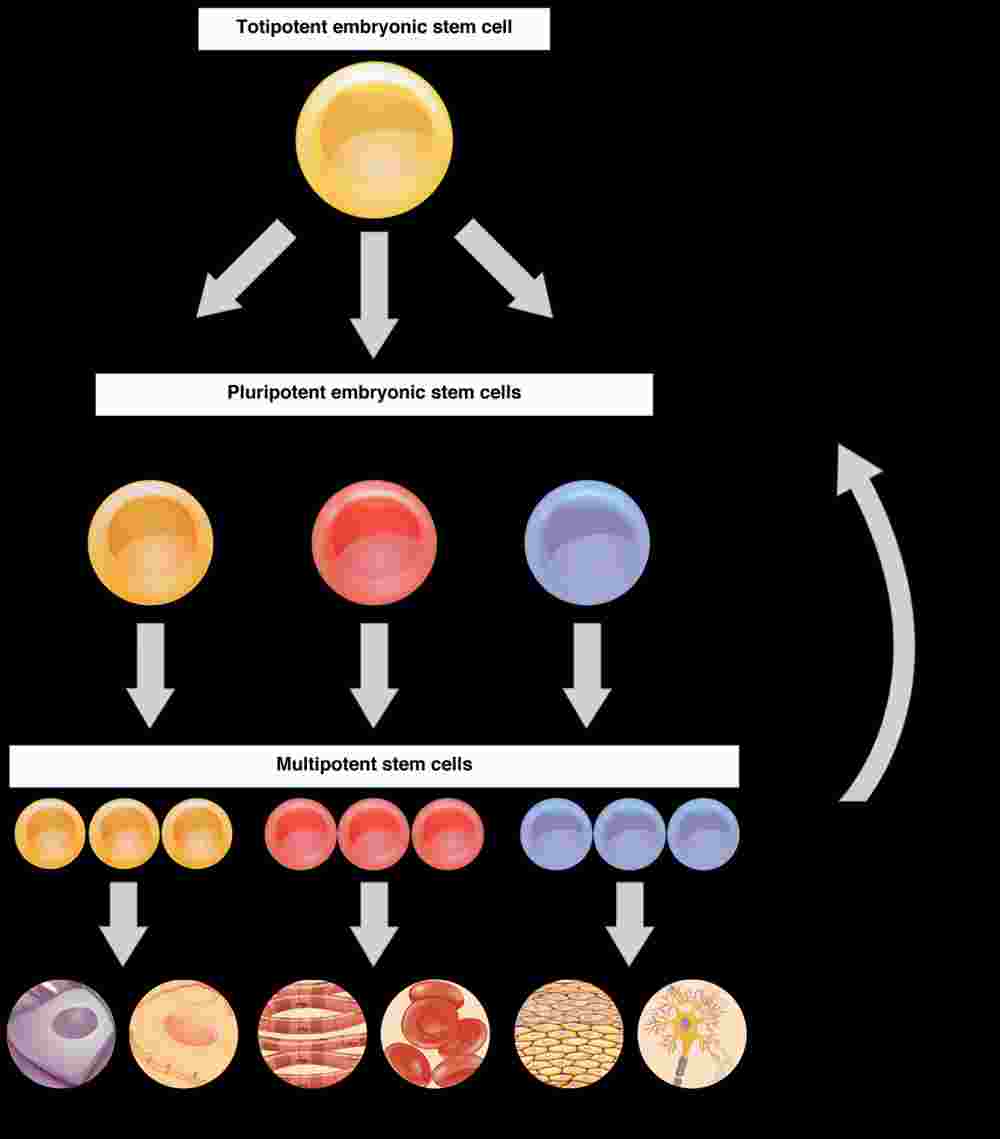 6 8 Cellular Differentiation Biology Libretexts
6 8 Cellular Differentiation Biology Libretexts
 Cell Differentiation An Overview Sciencedirect Topics
Cell Differentiation An Overview Sciencedirect Topics
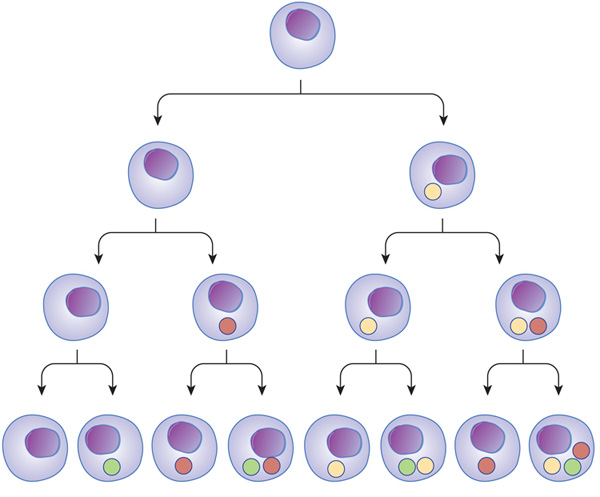 Cell Differentiation Tissue Learn Science At Scitable
Cell Differentiation Tissue Learn Science At Scitable
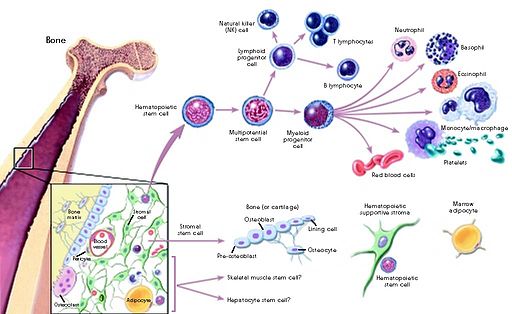 Cell Differentiation Process And Steps Specification Determination
Cell Differentiation Process And Steps Specification Determination
 What Is Cell Differentiation Process Importance Examples Video Lesson Transcript Study Com
What Is Cell Differentiation Process Importance Examples Video Lesson Transcript Study Com
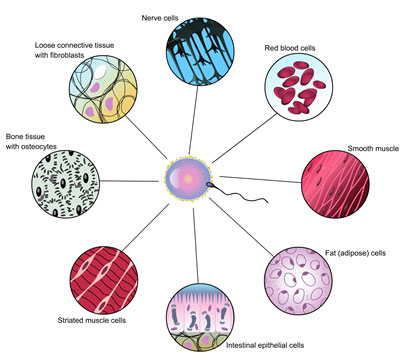 Cell Specialization And Differentiation Texas Gateway
Cell Specialization And Differentiation Texas Gateway
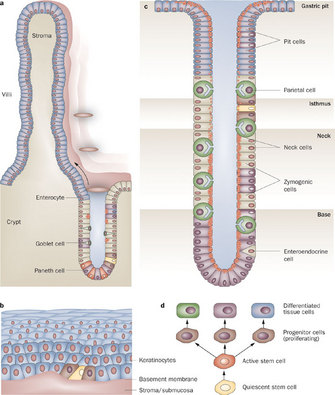 Cell Differentiation Tissue Learn Science At Scitable
Cell Differentiation Tissue Learn Science At Scitable
 3 6 Cellular Differentiation Anatomy Physiology
3 6 Cellular Differentiation Anatomy Physiology
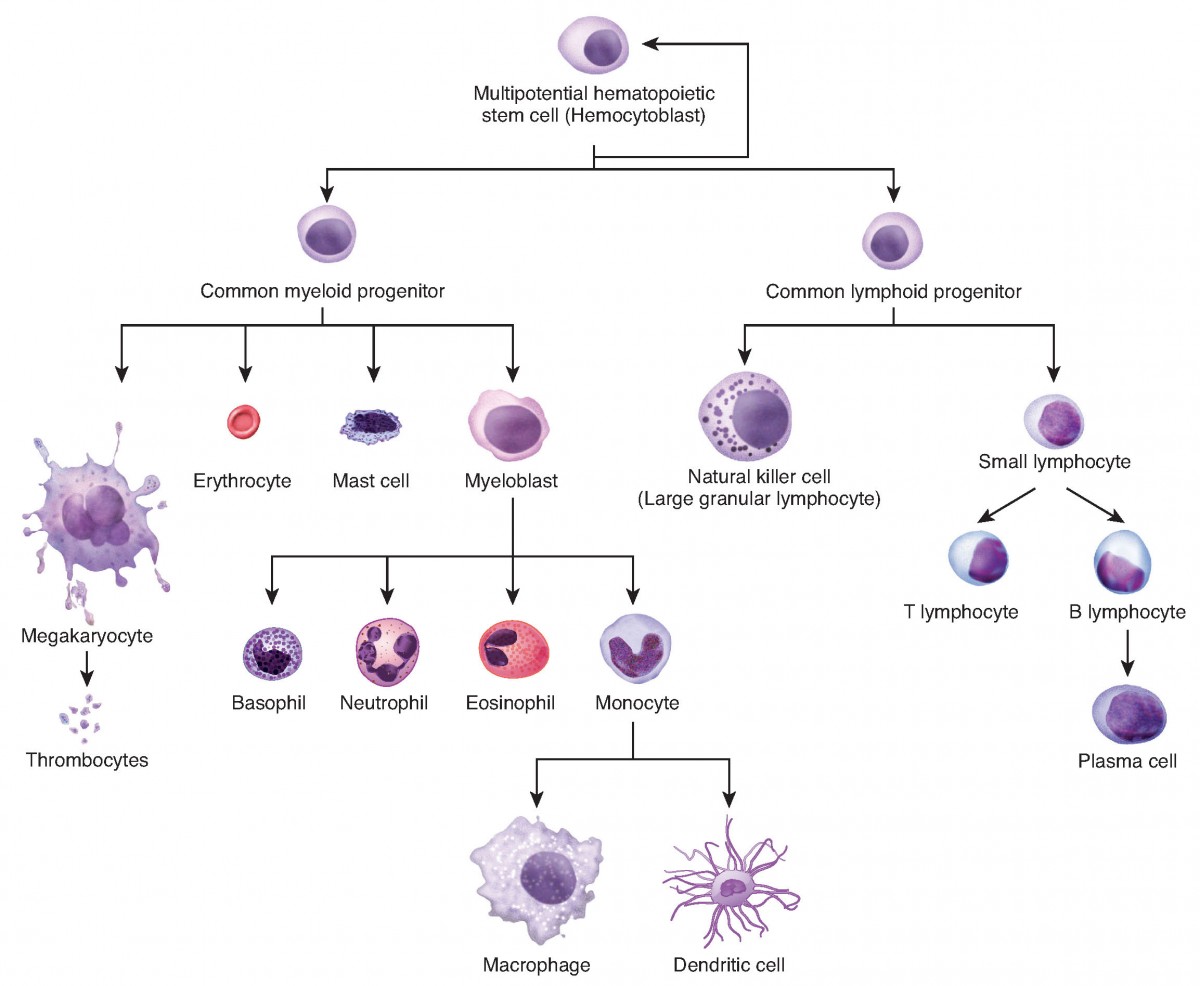 6 8 Cellular Differentiation Biology Libretexts
6 8 Cellular Differentiation Biology Libretexts
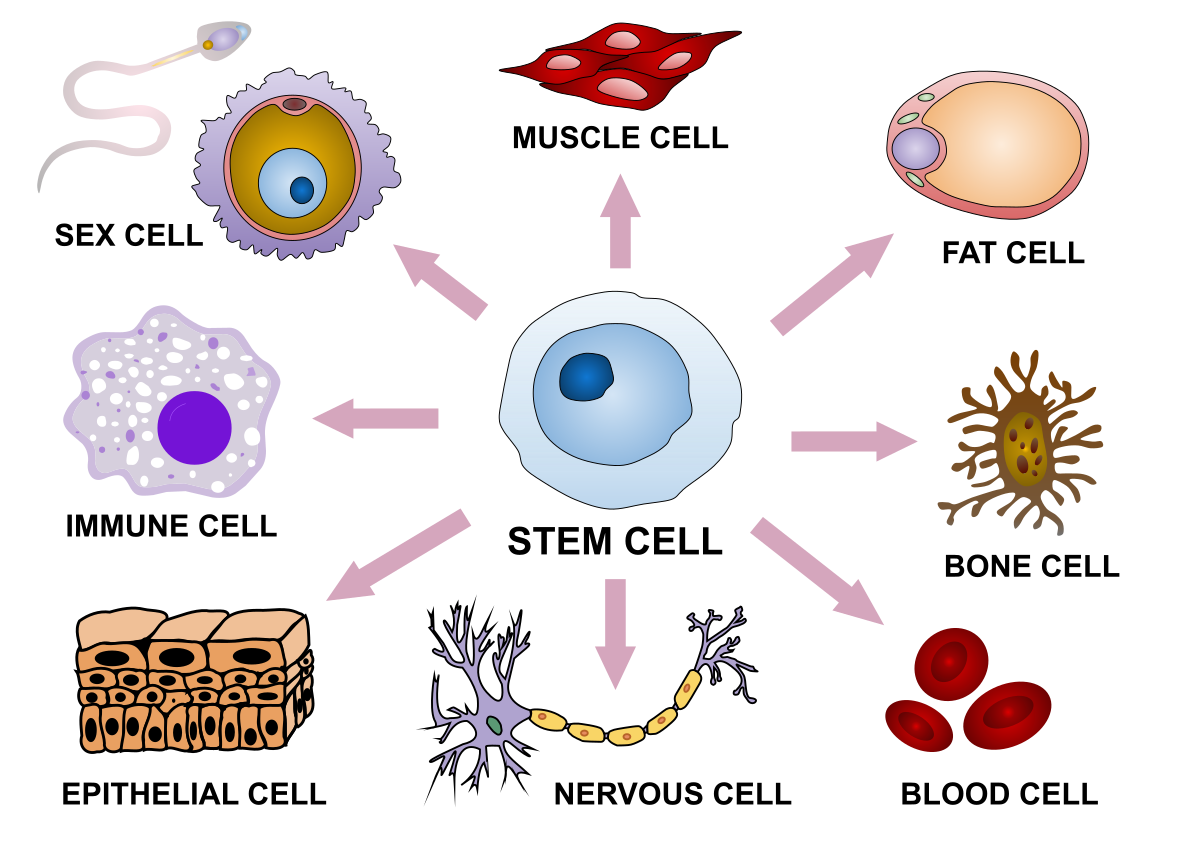 Cellular Differentiation Wikipedia
Cellular Differentiation Wikipedia
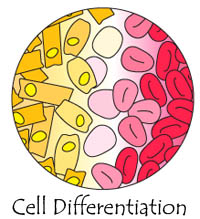 Cell Differentiation Ask A Biologist
Cell Differentiation Ask A Biologist
 What Is Stem Cell Differentiation With Pictures
What Is Stem Cell Differentiation With Pictures
